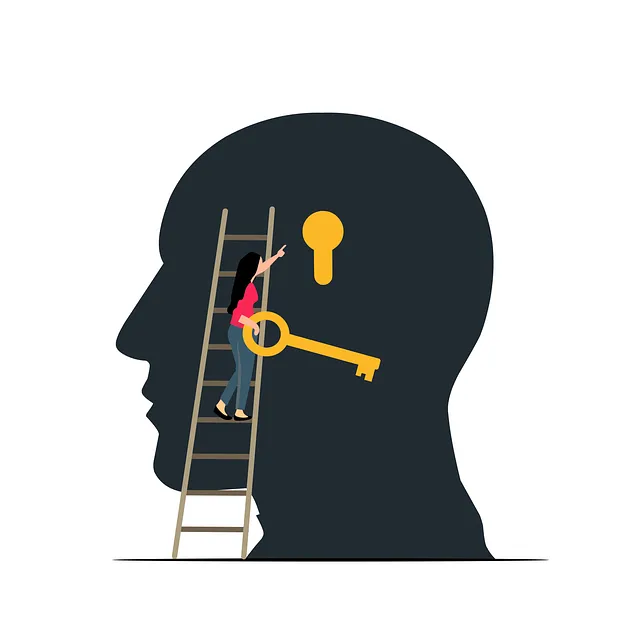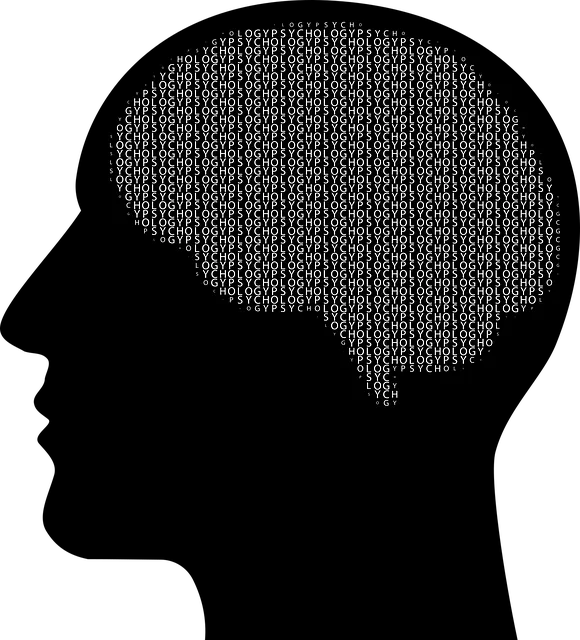Lone Tree Kaiser Permanente's mental health appointment center prioritizes cultural sensitivity as a cornerstone of high-quality care, guided by the Mind Over Matter Principles. They achieve this through specialized training, self-awareness exercises, and tailored services that address unique needs of diverse patients. By integrating cultural competence, the center fosters open communication, accurate diagnoses, and improved outcomes while bridging gaps created by language, stigma, and other cultural barriers. Their holistic approach includes patient experience evaluation, Trauma Support Services, and community-specific Mental Health Education Programs, ensuring inclusive care respectful of diverse backgrounds.
Mental healthcare’s evolving landscape demands a profound understanding of cultural sensitivity, especially within diverse communities. This article explores this vital aspect, offering insights into how cultural competence enhances patient care. We delve into the role of centers like Lone Tree Kaiser Permanente Mental Health Appointment Center in shaping inclusive practices. By examining cultural barriers and implementing sensitive strategies, mental health professionals can provide tailored support. Through measurable evaluations, we uncover the impact of these approaches, highlighting their significance in addressing diverse needs effectively.
- Understanding Cultural Sensitivity: A Cornerstone of Effective Mental Healthcare
- The Role of Lone Tree Kaiser Permanente Mental Health Appointment Center in Fostering Cultural Competence
- Identifying and Addressing Cultural Barriers to Mental Health Care
- Strategies for Providing Culturally Sensitive Care: A Step-by-Step Guide
- Measuring Success: Evaluating the Impact of Cultural Sensitivity in Mental Healthcare Practice
Understanding Cultural Sensitivity: A Cornerstone of Effective Mental Healthcare

Cultural sensitivity is a cornerstone of effective mental healthcare, especially at centers like Lone Tree Kaiser Permanente’s mental health appointment center. Understanding and appreciating diverse cultural contexts, beliefs, and practices enable providers to create safer, more welcoming environments for all clients. This is crucial in fostering open communication, ensuring accurate diagnoses, and tailoring treatments that align with individual needs and values.
At the heart of this approach lies the Mind Over Matter Principles, which emphasize the impact of cultural factors on mental health and well-being. By recognizing the intricate link between culture and mental wellness, practitioners can better address issues like anxiety relief and burnout prevention. Incorporating culturally sensitive practices not only enhances patient outcomes but also promotes equity in care, ensuring that everyone receives support tailored to their unique background.
The Role of Lone Tree Kaiser Permanente Mental Health Appointment Center in Fostering Cultural Competence

The Lone Tree Kaiser Permanente Mental Health Appointment Center plays a pivotal role in advancing cultural competence within healthcare practices. This center prioritizes understanding and addressing the unique needs of diverse patient populations, ensuring that mental health services are accessible and culturally responsive. Through specialized training and education, they empower healthcare providers with essential tools to foster meaningful connections with patients from various ethnic, cultural, and socioeconomic backgrounds.
By implementing effective empathy-building strategies, the center encourages providers to develop a deeper understanding of their patients’ experiences and perspectives. This involves engaging in self-awareness exercises to recognize personal biases and preconceptions, allowing for more nuanced interactions. Moreover, the center promotes burnout prevention strategies by offering support systems and resources that enhance provider well-being, ensuring they remain attuned to the diverse cultural needs of their patients over time.
Identifying and Addressing Cultural Barriers to Mental Health Care

In navigating the complex landscape of mental healthcare, particularly at a center like Lone Tree Kaiser Permanente mental health appointment center, understanding and addressing cultural barriers are paramount. Many individuals from diverse backgrounds may face unique challenges when seeking support for their mental well-being. These barriers can range from language differences that hinder open communication to deeply rooted cultural beliefs that stigmatize mental illness. For instance, some cultures emphasize the role of community and family in healing processes, while others prioritize individualism, potentially leading to misalignment with traditional therapy models.
To bridge these gaps, healthcare providers at Lone Tree Kaiser Permanente can leverage Self-Awareness Exercises and Inner Strength Development techniques tailored to diverse populations. By integrating Mind Over Matter Principles, therapists create safe spaces where clients feel empowered to express their experiences authentically. This approach fosters trust and encourages the exploration of cultural values and beliefs, ultimately enhancing the therapeutic alliance and improving outcomes for all patients.
Strategies for Providing Culturally Sensitive Care: A Step-by-Step Guide

Providing culturally sensitive care requires a structured approach to ensure every patient feels understood and respected. At Lone Tree Kaiser Permanente mental health appointment center, we’ve developed a step-by-step guide to help mental health professionals navigate this crucial aspect of their practice.
Start by educating yourself about the patient’s cultural background, traditions, and beliefs. This knowledge forms the foundation for creating a safe and non-judgmental environment. Incorporate conflict resolution techniques that are sensitive to cultural differences, fostering open communication. Regularly review and update your risk assessment methods to account for cultural factors that may influence a patient’s mental health and treatment preferences. Additionally, design mental health education programs tailored to diverse communities, empowering patients with knowledge about their conditions and available resources while respecting their unique perspectives.
Measuring Success: Evaluating the Impact of Cultural Sensitivity in Mental Healthcare Practice

Measuring success in mental healthcare goes beyond simple numbers. At Lone Tree Kaiser Permanente’s mental health appointment center, they understand that evaluating the impact of cultural sensitivity is paramount. It involves assessing not just patient outcomes but also their experiences and satisfaction during treatment. By incorporating tailored Trauma Support Services and Mental Health Education Programs Design, the center aims to create an inclusive environment that respects diverse cultural backgrounds.
This approach ensures that mental wellness becomes a reality for all individuals, regardless of their ethnic origin or personal beliefs. Success is not just about reducing symptoms; it’s about fostering healing and growth in a way that resonates with each patient’s unique cultural journey. This holistic evaluation allows Lone Tree Kaiser Permanente to continuously improve its services, providing effective and culturally sensitive mental health care.
Cultural sensitivity in mental healthcare is not just a preference, but an essential practice for delivering effective and accessible care. As highlighted by the Lone Tree Kaiser Permanente Mental Health Appointment Center, fostering cultural competence can significantly improve patient outcomes. By identifying and addressing cultural barriers, mental health professionals can create an inclusive environment that respects diverse beliefs and backgrounds. Implementing strategies like those outlined in this article—from understanding cultural nuances to measuring success through evaluation—is a step towards revolutionizing mental healthcare, ensuring folks from all walks of life receive the support they need without facing additional challenges due to their cultural identity.






